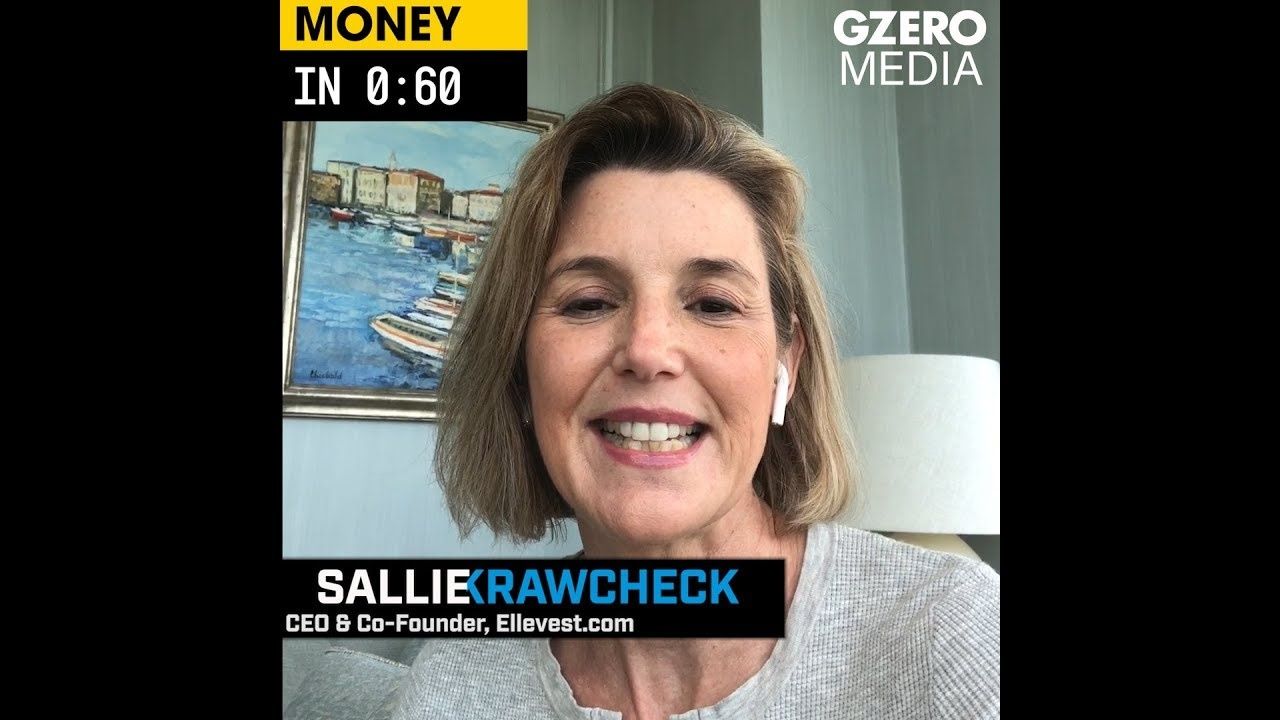
With the new tariffs on Mexican imports, will I still be able to afford avocado toast?
Answer: It's going to get more expensive. To back up, President Trump announced 5% tariffs on goods imported from Mexico on June the 10th, to go up to 25% tariffs in October — beginning of October. While the President talks about these tariffs, it makes it sound like the Mexican government is going to cut a check to the US government. In fact, what happens is these costs are borne by companies as they import goods into the US, and therefore is borne by, and passed along to, the US consumer. So this can have the impact — and will have the impact — of dampening the economy, and by quite a bit. There's an economic consulting firm in Texas that says the tariff could cost the US more than 400,000 jobs and $40 billion of GDP. So it's going to hurt the cost of your avocado, as well as everything else that comes from Mexico, and will hurt the economy as well, which is why you're seeing some stock market volatility right now.
It's Pride Month! How can we use our dollars to celebrate?
Answer, of course, is by spending those dollars or investing those dollars with LGBTQIA-owned companies. As well as in the workplace, hiring, promoting, mentoring, giving references to LGBTQIA individuals, and really building an inclusive environment. Because the research tells us that when people feel like they belong at a company, they are three and a half times more likely to fully contribute.